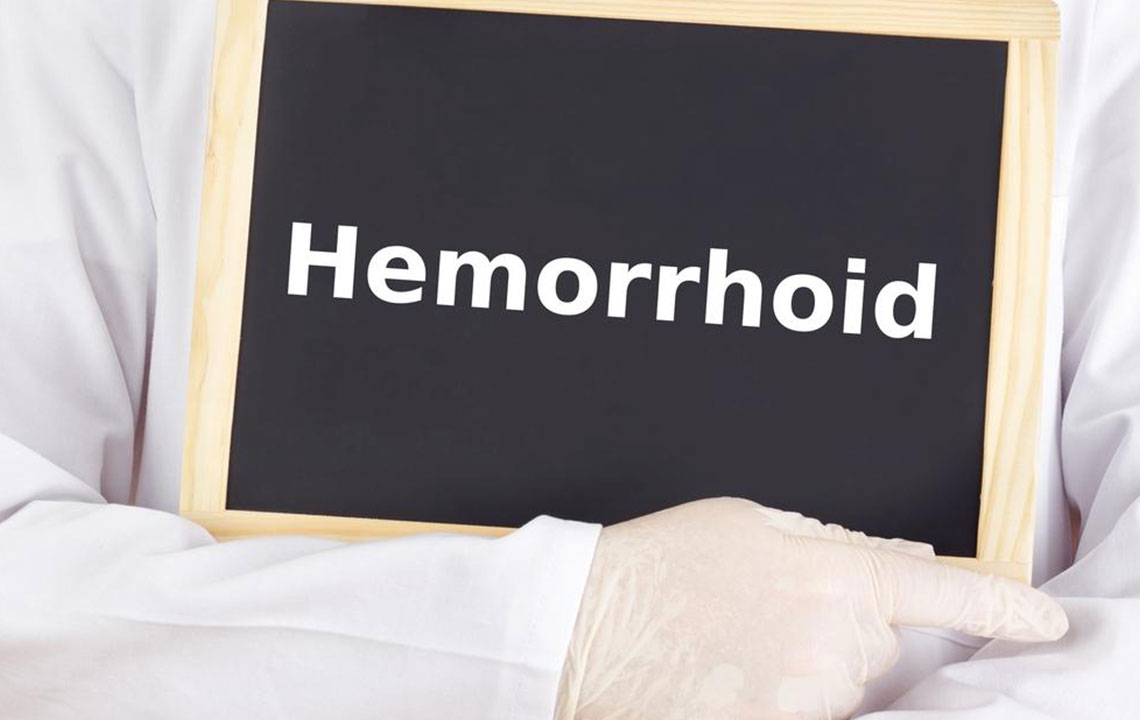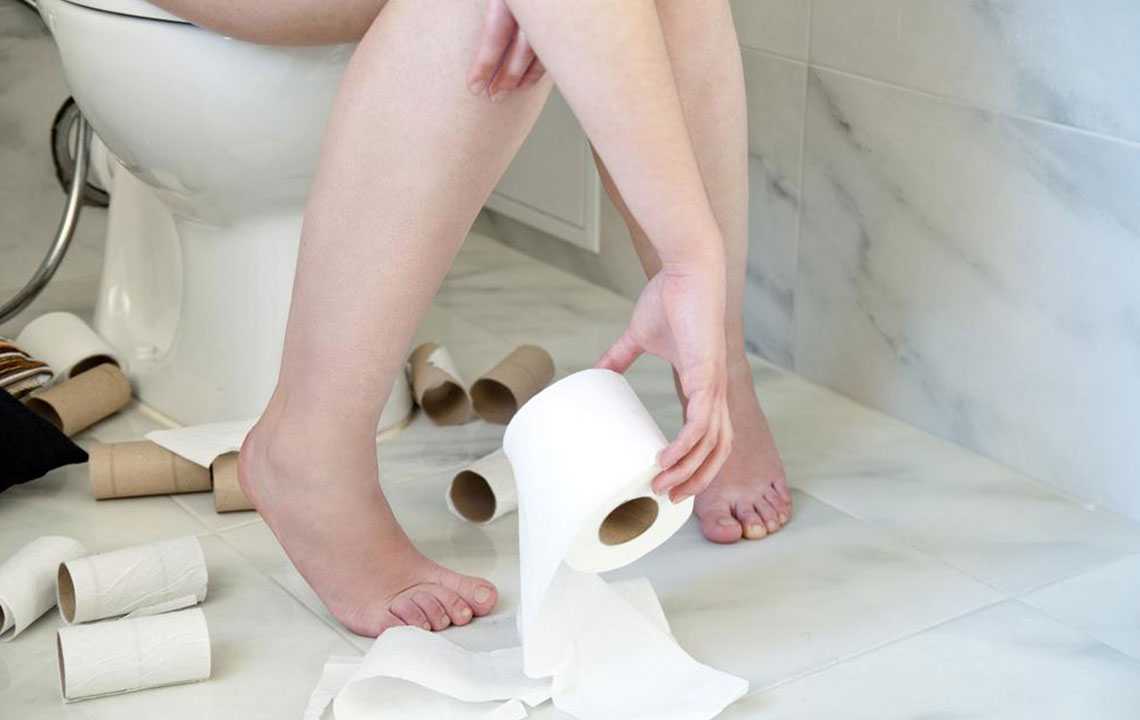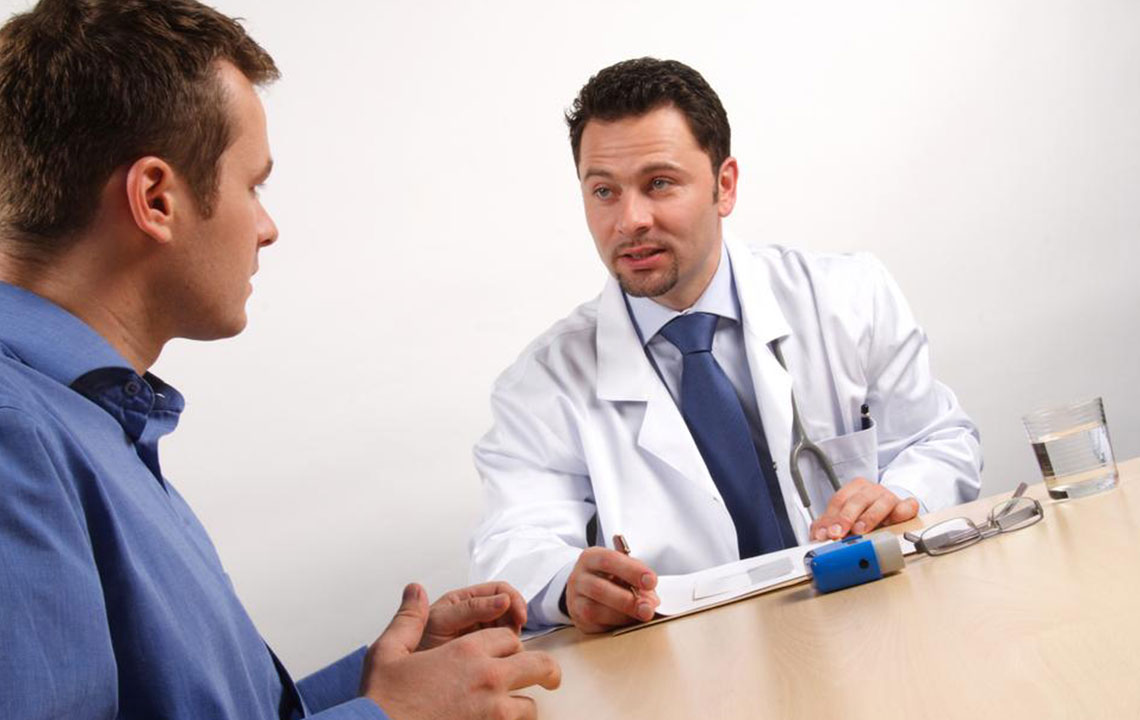Effective Approaches to Alleviate Hemorrhoid Symptoms
Learn practical methods to relieve hemorrhoid symptoms effectively, including home remedies and medical treatments. Discover dietary tips, hygiene practices, and minimally invasive procedures to manage and alleviate discomfort from hemorrhoids efficiently.

Strategies to Relieve Hemorrhoid Discomfort
Hemorrhoids are common among adults, presenting as swollen veins in the anal and rectal area. Similar to varicose veins, they enlarge and twist. While the precise cause often remains unclear, factors like pregnancy, straining during bowel movements, and prolonged sitting contribute. Fortunately, numerous treatment options exist to effectively reduce symptoms, allowing many individuals to find relief quickly.
Typical signs of hemorrhoids include:
Itching and irritation around the anal area necessitating treatment.
Swelling and discomfort nearby.
Bright red bleeding during bowel movements, visible on toilet paper or in the bowl.
Possible lumps indicating thrombosed hemorrhoids.
Home remedies can often ease symptoms or entirely resolve them. Recommended measures include:
High-fiber diet: Eating fruits, vegetables, and whole grains softens stool and lessens strain.
Sitz baths: Sitting in warm water 2-3 times daily alleviates itchiness and pain.
Hygiene: Clean the anal area gently with warm water, avoiding alcohol or scented wipes.
Gentle cleaning: Use moist wipes instead of dry toilet paper to prevent irritation.
Pain management: Over-the-counter pain relievers like acetaminophen, aspirin, or ibuprofen can temporarily ease discomfort.
Adhering to these practices consistently can produce significant relief within a week. Persistent cases may need medical intervention.
Medical treatments include:
OTC solutions: Creams, ointments, suppositories, or pads providing temporary relief for mild hemorrhoids.
External hemorrhoid removal: Procedures like thrombectomy remove blood clots if treated within 72 hours of appearance.
Minimally invasive options: Techniques like rubber band ligation, sclerotherapy (chemical shrinking), or laser coagulation can be effective for ongoing symptoms.
Surgical procedures: Larger or resistant hemorrhoids may require removal (hemorrhoidectomy) or stapled hemorrhoidopexy, which reduces blood flow. These are performed under anesthesia and may involve hospital stay.


